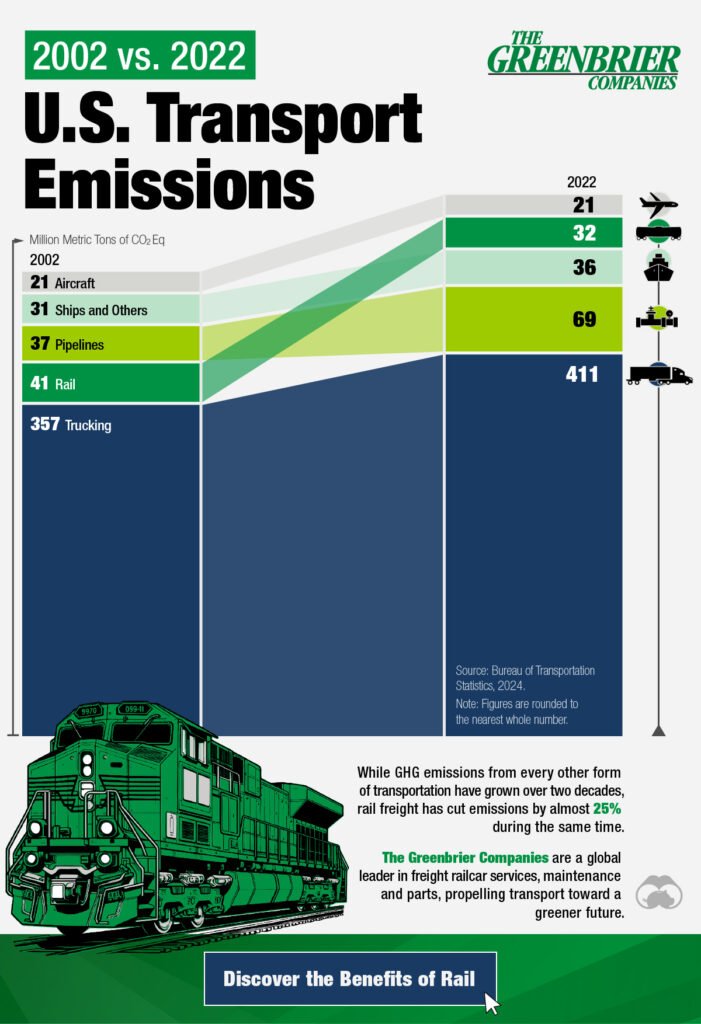Hurricane Helene tears through the south-eastern United States as scientists say climate change rapidly intensifies hurricanes. The storm devastated large swaths of the south-eastern United States after making landfall in Florida as a Category 4 storm. Officials say the death toll is likely to rise, as many are still missing.
Text above is from original video description.
Helene is expected to be one of the costliest hurricanes in U.S. history and was fuelled by abnormally warm water in the Gulf of Mexico, but most of the media coverage has failed to connect the devastation to the climate crisis. “The planet’s overheating. It’s irreversible. It’s caused by the fossil fuel industry,” says climate activist and climate scientist Peter Kalmus in Raleigh, North Carolina. “This will get worse as the planet continues to get hotter.”
Summary
Hurricane Helen wreaked havoc in the southeastern U.S., prompting climate activist Peter Kalmus to highlight the urgent link between fossil fuels and climate change during his interview with Amy Goodman.
Highlights
- 🌪️ Hurricane Helen, a category 4 storm, caused widespread devastation and nearly 100 fatalities across multiple states.
- 🌊 Flooding in Buncombe County, NC, reached record levels, isolating Asheville and leaving many missing.
- ⚡ Over 2 million customers were without power, and residents may face weeks without clean water.
- 🔥 Kalmus emphasizes that climate change is driven by the fossil fuel industry’s disinformation and resistance to action.
- 📉 Civil disobedience and activism are seen as critical to raising urgency and accountability in climate action.
- 📰 Media coverage often neglects the link between climate change and extreme weather events, failing to inform the public.
- 🌍 Kalmus calls for a shift in political and media narratives to build urgency and combat misinformation about climate change.




